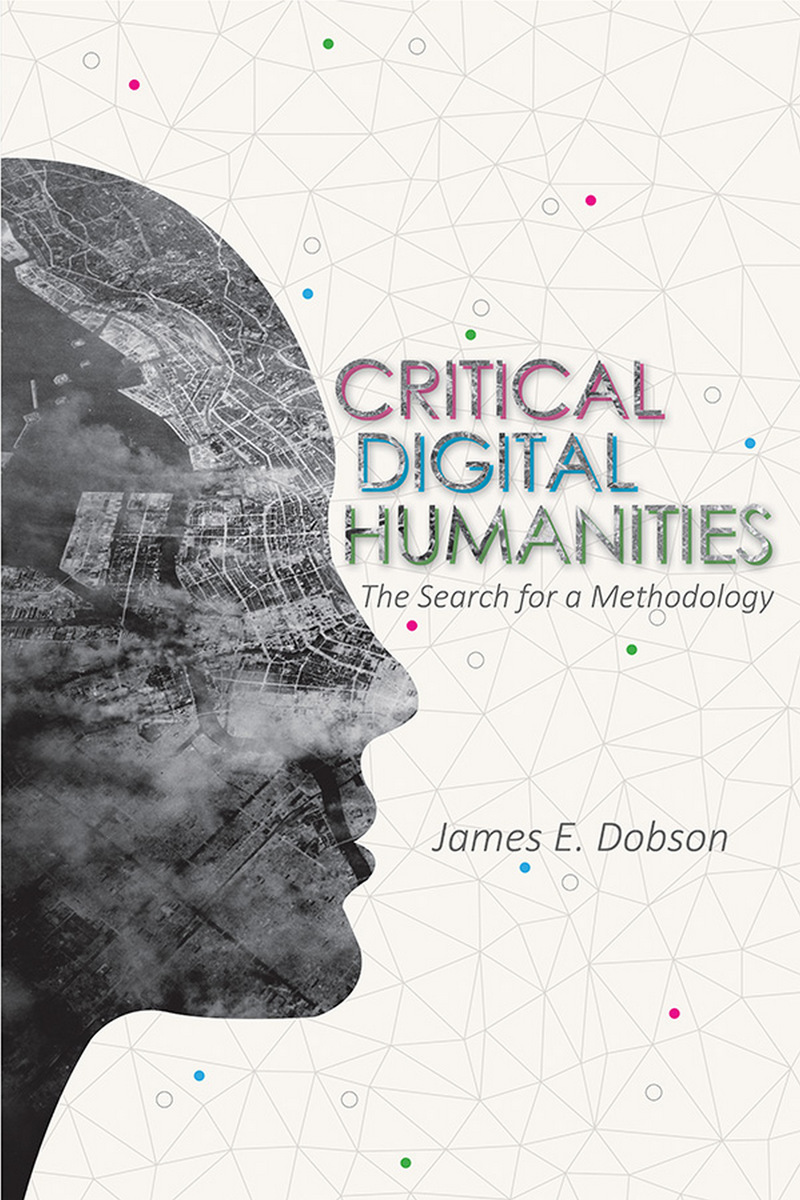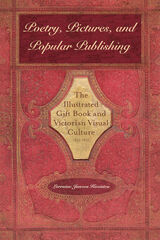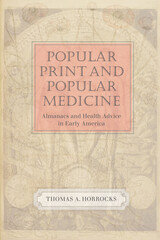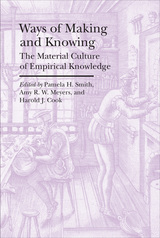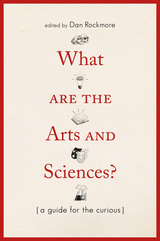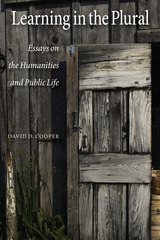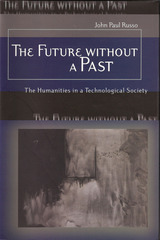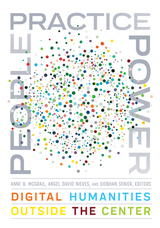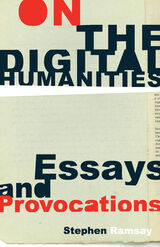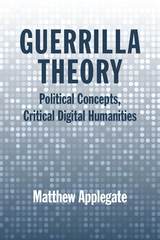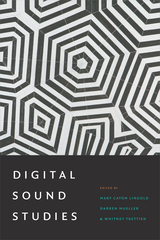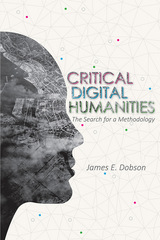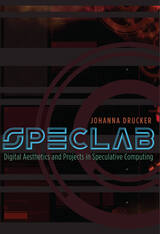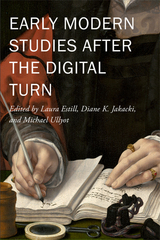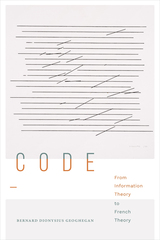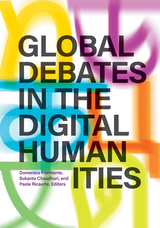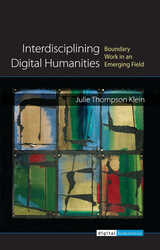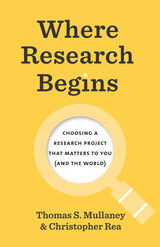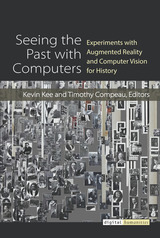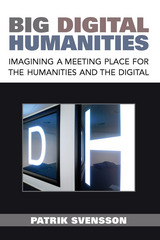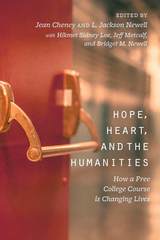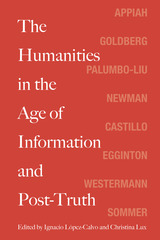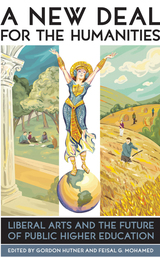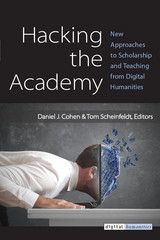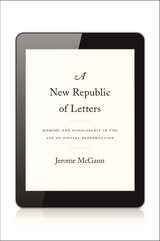Critical Digital Humanities: The Search for a Methodology
University of Illinois Press, 2019
Paper: 978-0-252-08404-1 | eISBN: 978-0-252-05111-1 | Cloth: 978-0-252-04227-0
Library of Congress Classification AZ105.D59 2019
Dewey Decimal Classification 025.060013072
Paper: 978-0-252-08404-1 | eISBN: 978-0-252-05111-1 | Cloth: 978-0-252-04227-0
Library of Congress Classification AZ105.D59 2019
Dewey Decimal Classification 025.060013072
ABOUT THIS BOOK | AUTHOR BIOGRAPHY | REVIEWS | TOC
ABOUT THIS BOOK
Can established humanities methods coexist with computational thinking? It is one of the major questions in humanities research today, as scholars increasingly adopt sophisticated data science for their work. James E. Dobson explores the opportunities and complications faced by humanists in this new era. Though the study and interpretation of texts alongside sophisticated computational tools can serve scholarship, these methods cannot replace existing frameworks. As Dobson shows, ideas of scientific validity cannot easily nor should be adapted for humanities research because digital humanities, unlike science, lack a leading-edge horizon charting the frontiers of inquiry. Instead, the methods of digital humanities require a constant rereading. At the same time, suspicious and critical readings of digital methodologies make it unwise for scholars to defer to computational methods. Humanists must examine the tools--including the assumptions that went into the codes and algorithms--and questions surrounding their own use of digital technology in research. Insightful and forward thinking, Critical Digital Humanities lays out a new path of humanistic inquiry that merges critical theory and computational science.
See other books on: Critical Digital Humanities | Digital & Online Resources | Digital humanities | Methods & Strategies | Search for
See other titles from University of Illinois Press
